Are ANY herbs perennial?
redloves2sing
18 years ago
Featured Answer
Sort by:Oldest
Comments (28)
kris
18 years agolast modified: 9 years agoredloves2sing
18 years agolast modified: 9 years agojules7ky
18 years agolast modified: 9 years agoDaisyduckworth
18 years agolast modified: 9 years agoalison
18 years agolast modified: 9 years agoDaisyduckworth
18 years agolast modified: 9 years agobaci
18 years agolast modified: 9 years agokris
18 years agolast modified: 9 years agozuniform
16 years agolast modified: 9 years agoksrogers
16 years agolast modified: 9 years agooakleif
16 years agolast modified: 9 years agotosser
16 years agolast modified: 9 years agojerry24
16 years agolast modified: 9 years agodigit
16 years agolast modified: 9 years agovera_eastern_wa
16 years agolast modified: 9 years agotakadi
15 years agolast modified: 9 years agoleira
15 years agolast modified: 9 years agotakadi
15 years agolast modified: 9 years agomudflapper
15 years agolast modified: 9 years agofatamorgana2121
15 years agolast modified: 9 years agorebeccadparker_yahoo_com
12 years agolast modified: 9 years agosrj19
12 years agolast modified: 9 years agoeibren
12 years agolast modified: 9 years agofatamorgana2121
12 years agolast modified: 9 years agololauren
12 years agolast modified: 9 years agojctsai8b
8 years agovera_eastern_wa
8 years ago
Related Stories
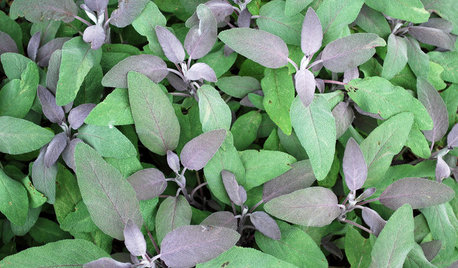
EDIBLE GARDENSHerb Garden Essentials: Grow Your Own Culinary Sage
Fill in your garden with this drought-tolerant perennial that’s flavorful and deer resistant
Full Story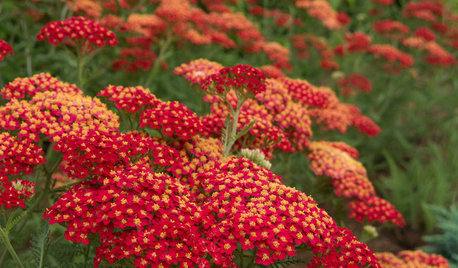
GARDENING GUIDESTop 12 Summer-Blooming Perennials for Deer-Resistant Drama
Can you have garden color, fragrance and exciting foliage with hungry deer afoot? These beauties say yes
Full Story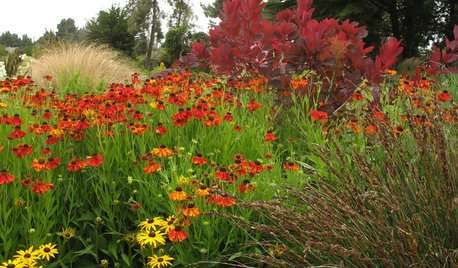
PLANTING IDEASWant a More Colorful, Natural Garden? Try a Perennial Meadow
Spend less time tending and more time taking in the sights by improving on Victorian and prairie garden designs
Full Story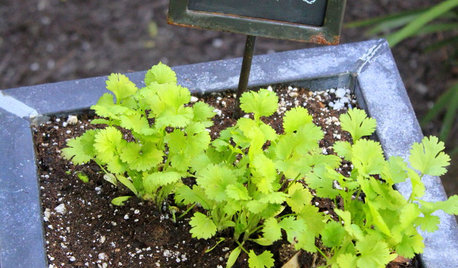
GARDENING GUIDESHerb Garden Essentials: Versatile Cilantro Adds Flavor to Herb Gardens
Love it or hate it, this cool-season herb contributes its unique flavor to any number or the world’s cuisines
Full Story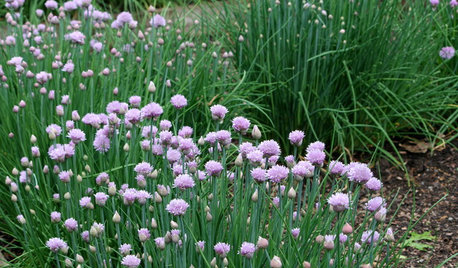
HERBSHerb Garden Essentials: How to Grow Chives
This decorative and delicately flavored herb from the onion family is easy to grow indoors and out
Full Story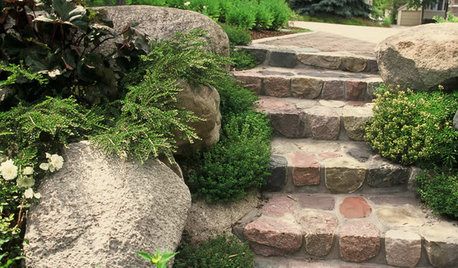
EDIBLE GARDENSHerb Garden Essentials: How to Grow Thyme
Common thyme and its flavorful cousins are anything but ordinary in the garden
Full Story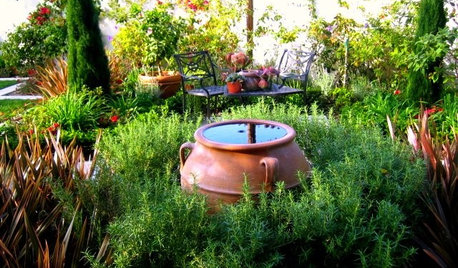
GARDENING GUIDESHerb Garden Essentials: Grow Your Own Rosemary
With its invigorating scent, easygoing nature and ability to make dishes sing with flavor, rosemary may become your new best garden friend
Full Story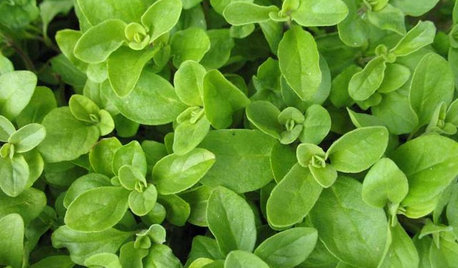
EDIBLE GARDENSHerb Garden Essentials: Grow Your Own Oregano and Marjoram
Say 'buon giorno' to classic Italian herbs you can grow just as easily in pots as in the summer garden
Full Story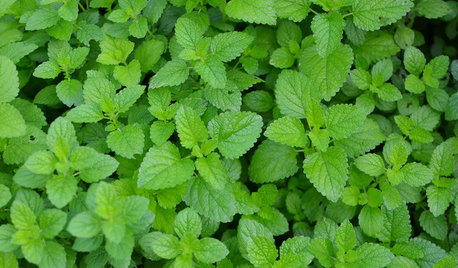
GARDENING GUIDESHerb Garden Essentials: Grow Your Own Delicious Mint
Pull out a pot for this one. Mint's spreading habit and hard-to-kill nature can be a blessing — if you're properly prepared
Full Story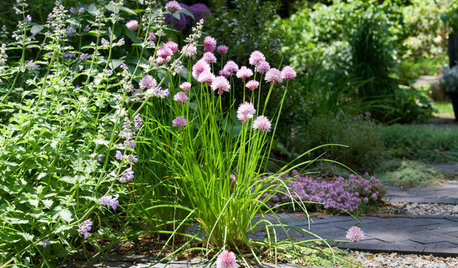
EDIBLE GARDENS8 Surefire Vegetables and Herbs for Beginning Gardeners
Learn the edible plants that are popular and easy to grow in a backyard or container garden
Full StorySponsored
Your Custom Bath Designers & Remodelers in Columbus I 10X Best Houzz
More Discussions






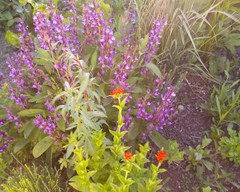
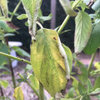
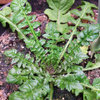
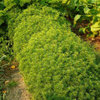
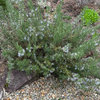
Daisyduckworth